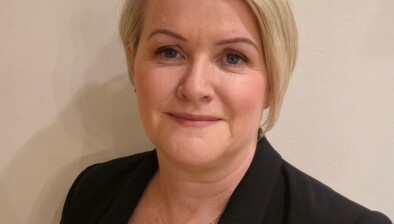NI: Senior pathologist resigns ‘over Attorney General’s interventions on abortion laws’

Dr Caroline Gannon, a senior paediatric pathologist who investigated the deaths of babies including those in the womb or stillbirths, has resigned her post claiming that recent interventions by NI Attorney General on abortion laws surrounding fatal foetal abnormality had made her position “untenable”.
Dr Gannon, who has worked in Northern Ireland for almost 30 years, told the BBC that she feels it’s “unethical” to work in a system where women and couples are being “denied information and choice”.
“I just cannot work in this particular system. I find it very difficult and I cannot reconcile the legal system I am having to operate under with my own personal ethical beliefs.”
She said the final straw was having to advise a couple to use a picnic cooler bag to return their baby’s remains to NI for a post-mortem following an abortion in England where, unlike Northern Ireland, it is legal to abort babies suffering from foetal abnormalities.
She said: “I think he (the Attorney General John Larkin) was the tipping point. The workload we had was manageable, but then when these rulings came out - that was the tipping point and for me, professionally, I just felt I was acting unethically by taking part in this system where parents are denied a voice in what happened to their baby.”
In November 2015, the Attorney General appealed a High Court judgment which ruled that NI’s almost outright ban on abortion breaches human rights law. The ruling states that sexual crime and cases of fatal foetal abnormality should be grounds where terminations can be performed legally.
And, in February 2016, the Attorney General wrote to TUV MLA Jim Allister questioning whether a move to allow abortion in cases of fatal foetal abnormalities was compatible with international human rights law. The proposal was one of a number of amendments to the Justice Bill, ahead of a vote on the issue by MLAs.
The Attorney General pointed out that the law on abortion in cases of so-called fatal foetal abnormality is currently under consideration by the Court of Appeal and that the court is considering, among other things, an argument by the Attorney General that allowing terminations in such cases discriminates against children with disabilities - based on the UN Convention on the Rights of Persons with Disabilities.
He added that while there is no legal barrier to a post-mortem examination on remains of babies who are aborted in England and Wales, an NI coroner has no jurisdiction to conduct an inquest where death occurs outside NI.
An NI coroner cannot order a post-mortem investigation into a death outside NI.







